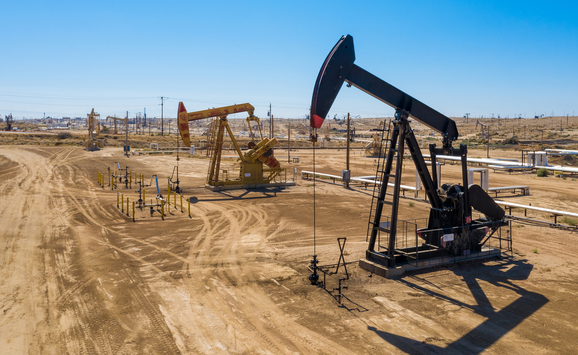Debate about the impacts of fracking on public health continues to make headlines in the United States, more often seeming to confuse rather than clarify some of the issues surrounding the controversy. We discussed this issue in a March blog post, in the context of then-pending legislation in Maryland to ban the use of horizontal drilling and hydraulic fracturing (i.e., “fracking”) for the production of natural gas and oil resources. That bill passed the Maryland General Assembly in late March and was signed into law in April. More recently, this summer we took note of two letters to the editor published in an outlet in Pennsylvania—“Study links fracking, infant mortality” and “Anti-fracking claims baseless.”
Both letters are misleading. The first, on infant mortality, leads with the claim that “Fracking is a deadly process,” citing evidence from a study with problematic methodology. In short, the article cited can report only an association between infant mortality rates and fracking in the counties studied—not causation.
The study was conducted at the county level, without controlling for other factors that might affect infant mortality rates in these counties. But varying rates of infant mortality across counties and over time could be due to any number of factors, such as changes in the population composition associated with the boom in energy resource development or perhaps unrelated socioeconomic differences between boom and non-boom counties. The study is therefore unable to clarify the cause of the change.
The second letter says that the concern outlined in the first is “baseless.” But that would suggest that the relationship between fracking and changes in infant mortality has been disproven—and that is not the case. Data limitations and some methodological choices have made these impacts difficult to isolate as being caused by oil and gas development (although some studies credibly suggest such a link) as well as the mechanism through which this impact occurs (i.e., possible changes to air or water quality, stress, etc.).
These debates reflect the state of research on fracking and health outcomes, which often finds contradictory results. We recently completed a review of the academic literature on a number of community impacts of unconventional oil and gas development in the United States, including public health impacts. We found that for any given health impact (such as changes in birthweight or cancer incidence), disagreement exists on whether any change has occurred. Looking at changes in birthweight, for example, one study finds fracking is associated with an increase in birthweight (meaning healthier babies)—whereas others find no association or decreases in birthweight.
The takeaway here is that we still don’t know if, how, or to what extent oil and gas development affects the health of nearby communities, even though the majority of studies published on this topic report some kind of relationship. Thus, the possibility exists that a relationship is present. But, such effects are yet to be convincingly estimated and their causes explicitly identified.
The views expressed in RFF blog posts are those of the authors and should not be attributed to Resources for the Future.





